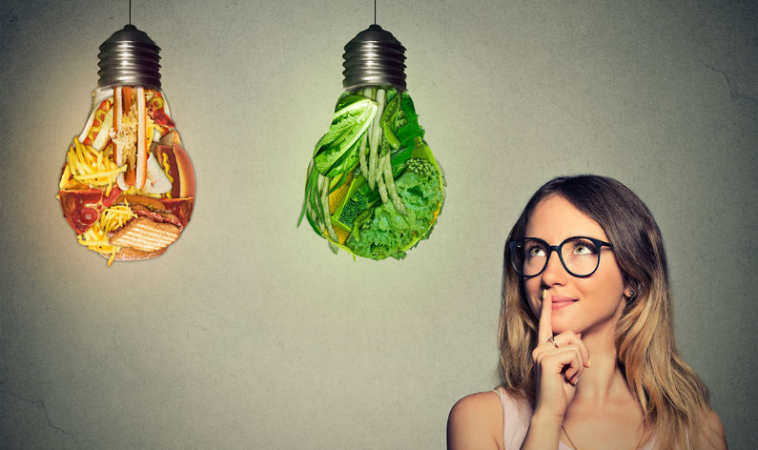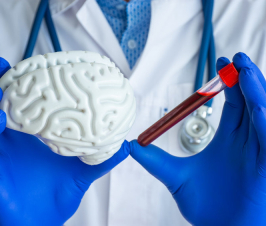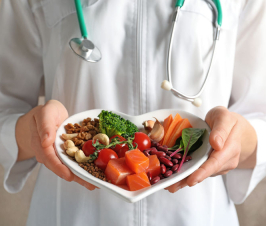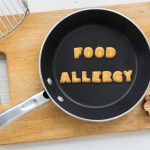We are culturally conditioned to fear cholesterol. It has been explained to many of us that it is a marker that can foretell our heart attack risk, and cardiovascular health. Cholesterol rich foods have in turn been seen as generally unhealthy, and potentially dangerous; foods like eggs, nuts, and meats. All of this is not true, and cholesterol has been given a bad wrap.
Cholesterol Produced by the Liver
The truth of the matter is that cholesterol is produced by the liver – as much as ⅔ of all the cholesterol in the body is produced by the liver – to protect our blood vessels from inflammatory damage. Its not the cholesterol that’s bad, it’s the inflammation; the cholesterol is there to help repair the damage caused by the inflammation. And it makes sense that it’s not bad, because why would the body produce something that was inherently bad for you?
MAJOR Component of EVERY Cell
Cholesterol also is a MAJOR component of EVERY cell in your entire body. It gives structure to cell membranes as well as playing key roles inside cells. Cholesterol helps cells communicate with one another. And speaking of communication, the brain is composed of 25% cholesterol by weight. It’s also the precursor to all of your hormones, including vitamin D, as well as bile acids. So, it’s pretty darn important.
More and more research is coming out vindicating cholesterol, and even championing it as a key component to neuron health, which helps us make and store memories and learn new things.
The Number 1 Cholesterol Myth
High Cholesterol is Caused by Eating Fatty Foods
This is just not true. The liver makes cholesterol based on need. This need is determined by genetics and internal body factors, such as inflammation. The more inflammation you have, the more cholesterol your liver is likely to make. This is why a diet rich in grains, sugar and processed foods tends to raise cholesterol, because it raises the inflammatory state of the body.
Bottom Line – Eat More Veggies and Less Sugar and Refined Foods
So, eat your veggies, stay away from sugar and refined products, and don’t be afraid to eat your eggs and meat. If your diet is mostly vegetables and whole grains, it’s likely you have nothing to worry about, in most cases.
 Node Smith, associate editor for NDNR, is a fifth year naturopathic medical student at NUNM, where he has been instrumental in maintaining a firm connection to the philosophy and heritage of naturopathic medicine amongst the next generation of docs. He helped found the first multi-generational experiential retreat, which brings elders, alumni, and students together for a weekend campout where naturopathic medicine and medical philosophy are experienced in nature. Three years ago he helped found the non-profit, Association for Naturopathic ReVitalization (ANR), for which he serves as the board chairman. ANR has a mission to inspire health practitioners to embody the naturopathic principles through experiential education. Node also has a firm belief that the next era of naturopathic medicine will see a resurgence of in-patient facilities which use fasting, earthing, hydrotherapy and homeopathy to bring people back from chronic diseases of modern living; he is involved in numerous conversations and projects to bring about this vision.
Node Smith, associate editor for NDNR, is a fifth year naturopathic medical student at NUNM, where he has been instrumental in maintaining a firm connection to the philosophy and heritage of naturopathic medicine amongst the next generation of docs. He helped found the first multi-generational experiential retreat, which brings elders, alumni, and students together for a weekend campout where naturopathic medicine and medical philosophy are experienced in nature. Three years ago he helped found the non-profit, Association for Naturopathic ReVitalization (ANR), for which he serves as the board chairman. ANR has a mission to inspire health practitioners to embody the naturopathic principles through experiential education. Node also has a firm belief that the next era of naturopathic medicine will see a resurgence of in-patient facilities which use fasting, earthing, hydrotherapy and homeopathy to bring people back from chronic diseases of modern living; he is involved in numerous conversations and projects to bring about this vision.

















